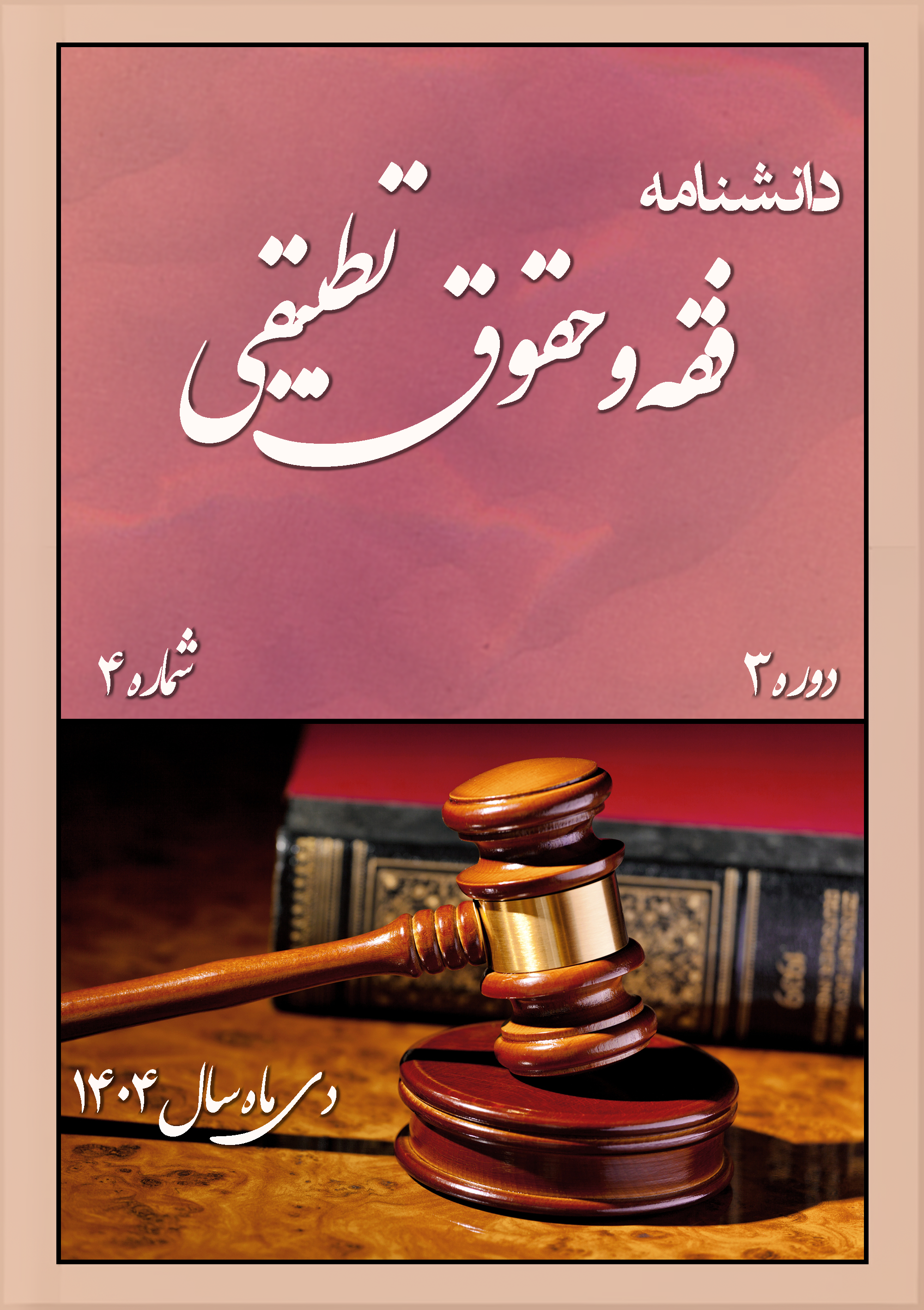About the Journal
The Encyclopedia of Comparative Jurisprudence and Law is a peer-reviewed, open-access academic journal dedicated to fostering a comprehensive understanding of comparative jurisprudence and legal studies. Aimed at a diverse global readership, the journal publishes research that spans various legal systems, providing insightful analysis and comparative perspectives. The journal serves as a vital resource for researchers, practitioners, and policymakers by publishing innovative work on diverse legal theories, systems, case studies, and interdisciplinary approaches that expand the understanding of law and its impact across different cultural and social landscapes.
Current Issue



















